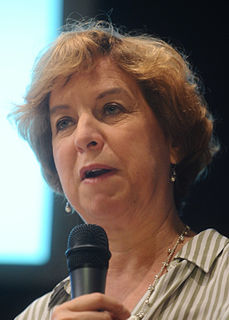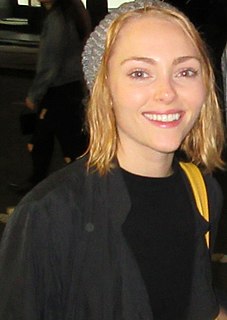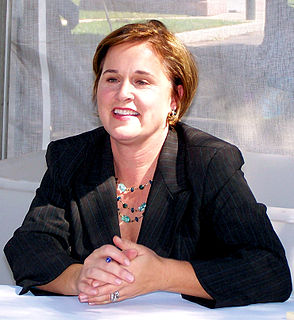A Quote by Cathy O'Neil
I think big data companies only like good news. So I think they're just hoping that they don't get sued, essentially.
Related Quotes
Sure, some employers are are afraid of letting older workers go because they think they're going to get sued. And they probably will get sued. But the reality is, you could get sued at any time by any kind of worker. I think its incumbent on an employer, if they want to be smart, to figure out what is the benefit of keeping this employee or letting them go. Do the calculation and just go ahead and either keep them or let them go based on what's good for the business.
We get more data about people than any other data company gets about people, about anything - and it's not even close. We're looking at what you know, what you don't know, how you learn best. The big difference between us and other big data companies is that we're not ever marketing your data to a third party for any reason.
I've made quite a number of movies like Castaway and a few others where I'm the only guy in the movie and the only place to be is right next to the camera in costume ready to go in order to get it. The years, and more specifically probably the four months prior to beginning shooting, is where the big preparation is that the director does because I knew we were going to get on the set. And the good news is, if you're the boss, if it ain't good, you don't use it. You just cut it out.
Let's look at lending, where they're using big data for the credit side. And it's just credit data enhanced, by the way, which we do, too. It's nothing mystical. But they're very good at reducing the pain points. They can underwrite it quicker using - I'm just going to call it big data, for lack of a better term: "Why does it take two weeks? Why can't you do it in 15 minutes?"
When we first started our internet company, 'China Pages', in 1995, and we were just making home pages for a lot of Chinese companies. We went to the big owners, the big companies, and they didn't want to do it. We go to state-owned companies, and they didn't want to do it. Only the small and medium companies really want to do it.
One of the myths about the Internet of Things is that companies have all the data they need, but their real challenge is making sense of it. In reality, the cost of collecting some kinds of data remains too high, the quality of the data isn't always good enough, and it remains difficult to integrate multiple data sources.
































